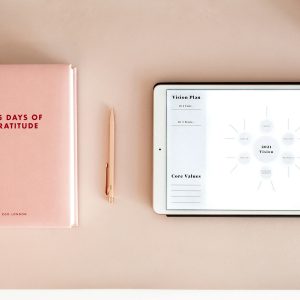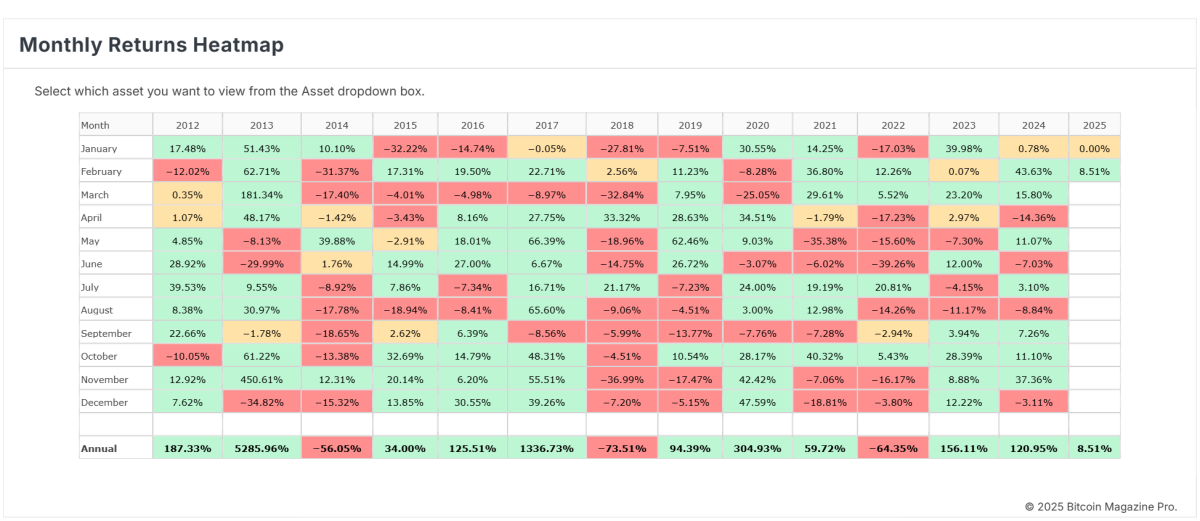- Improving your financial literacy involves taking proactive steps to enhance your knowledge and understanding of personal finance. Here are some ways you can improve your financial literacy:1. Educate Yourself: Take advantage of various educational resources available, such as books, articles, podcasts, and online courses, to learn about personal finance topics. Start with foundational concepts like budgeting, saving, and investing, and gradually expand your knowledge.
2. Attend Workshops or Seminars: Look for workshops or seminars offered by financial institutions, community organizations, or educational institutions. These events often cover a wide range of financial topics and provide valuable insights and practical tips.
3. Seek Professional Advice: Consider consulting with a financial advisor or planner who can provide personalized guidance based on your specific financial situation and goals. They can help you understand complex financial concepts, create a financial plan, and make informed decisions.
4. Use Financial Apps and Tools: Utilize financial apps and tools that can help you track your expenses, create budgets, and manage your finances effectively. These tools often provide educational resources and insights to improve your financial literacy.
5. Stay Informed: Keep up with financial news, trends, and developments by reading reputable financial publications or following trusted financial websites and blogs. This will help you stay informed about changes in the financial landscape and make informed decisions.
6. Join Online Communities: Engage with online communities or forums dedicated to personal finance. Participating in discussions and sharing experiences with like-minded individuals can provide valuable insights and perspectives.
7. Practice Financial Habits: Apply what you learn by implementing good financial habits in your daily life. This includes creating a budget, saving regularly, tracking your expenses, and making informed decisions about spending and investing.
Remember, improving financial literacy is an ongoing process. By consistently seeking knowledge, staying informed, and applying what you learn, you can enhance your financial literacy and make more informed financial decisions.
How can I improve my financial literacy?










